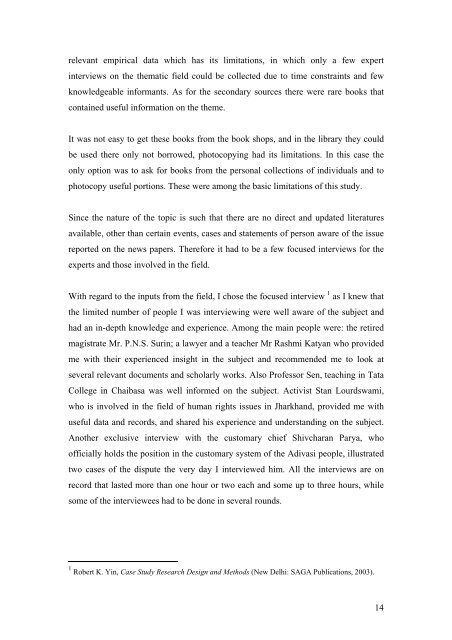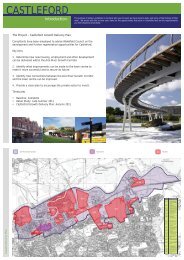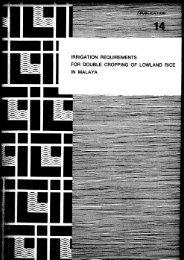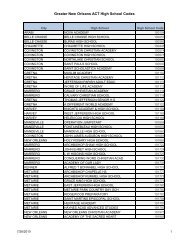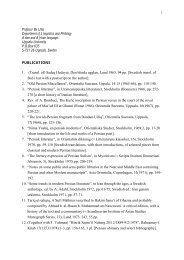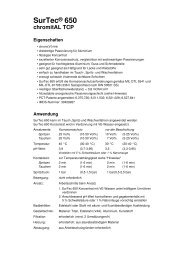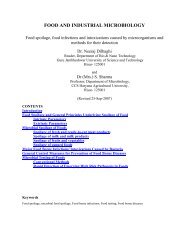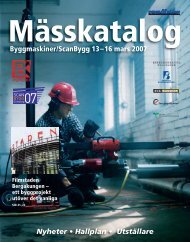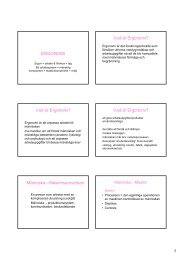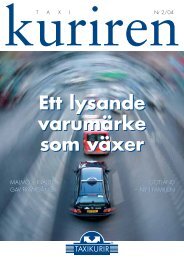On the Future of Indigenous Traditions - Munin
On the Future of Indigenous Traditions - Munin
On the Future of Indigenous Traditions - Munin
Create successful ePaper yourself
Turn your PDF publications into a flip-book with our unique Google optimized e-Paper software.
elevant empirical data which has its limitations, in which only a few expert<br />
interviews on <strong>the</strong> <strong>the</strong>matic field could be collected due to time constraints and few<br />
knowledgeable informants. As for <strong>the</strong> secondary sources <strong>the</strong>re were rare books that<br />
contained useful information on <strong>the</strong> <strong>the</strong>me.<br />
It was not easy to get <strong>the</strong>se books from <strong>the</strong> book shops, and in <strong>the</strong> library <strong>the</strong>y could<br />
be used <strong>the</strong>re only not borrowed, photocopying had its limitations. In this case <strong>the</strong><br />
only option was to ask for books from <strong>the</strong> personal collections <strong>of</strong> individuals and to<br />
photocopy useful portions. These were among <strong>the</strong> basic limitations <strong>of</strong> this study.<br />
Since <strong>the</strong> nature <strong>of</strong> <strong>the</strong> topic is such that <strong>the</strong>re are no direct and updated literatures<br />
available, o<strong>the</strong>r than certain events, cases and statements <strong>of</strong> person aware <strong>of</strong> <strong>the</strong> issue<br />
reported on <strong>the</strong> news papers. Therefore it had to be a few focused interviews for <strong>the</strong><br />
experts and those involved in <strong>the</strong> field.<br />
With regard to <strong>the</strong> inputs from <strong>the</strong> field, I chose <strong>the</strong> focused interview 1 as I knew that<br />
<strong>the</strong> limited number <strong>of</strong> people I was interviewing were well aware <strong>of</strong> <strong>the</strong> subject and<br />
had an in-depth knowledge and experience. Among <strong>the</strong> main people were: <strong>the</strong> retired<br />
magistrate Mr. P.N.S. Surin; a lawyer and a teacher Mr Rashmi Katyan who provided<br />
me with <strong>the</strong>ir experienced insight in <strong>the</strong> subject and recommended me to look at<br />
several relevant documents and scholarly works. Also Pr<strong>of</strong>essor Sen, teaching in Tata<br />
College in Chaibasa was well informed on <strong>the</strong> subject. Activist Stan Lourdswami,<br />
who is involved in <strong>the</strong> field <strong>of</strong> human rights issues in Jharkhand, provided me with<br />
useful data and records, and shared his experience and understanding on <strong>the</strong> subject.<br />
Ano<strong>the</strong>r exclusive interview with <strong>the</strong> customary chief Shivcharan Parya, who<br />
<strong>of</strong>ficially holds <strong>the</strong> position in <strong>the</strong> customary system <strong>of</strong> <strong>the</strong> Adivasi people, illustrated<br />
two cases <strong>of</strong> <strong>the</strong> dispute <strong>the</strong> very day I interviewed him. All <strong>the</strong> interviews are on<br />
record that lasted more than one hour or two each and some up to three hours, while<br />
some <strong>of</strong> <strong>the</strong> interviewees had to be done in several rounds.<br />
1 Robert K. Yin, Case Study Research Design and Methods (New Delhi: SAGA Publications, 2003).<br />
14


